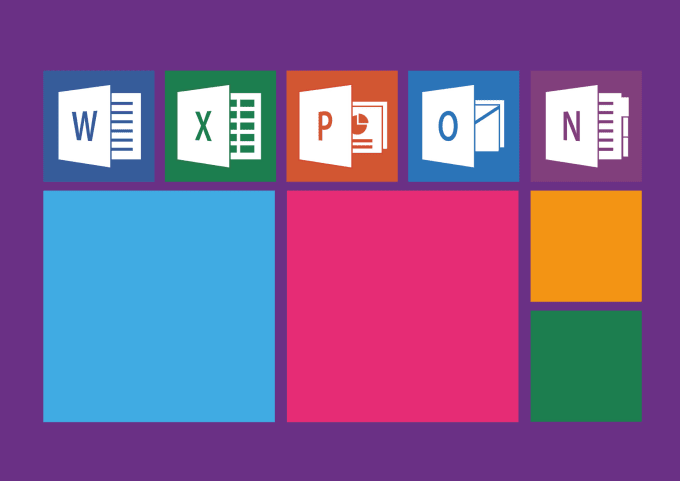
Mercurial has become the new favorite amongst developers and one tool that I have found that is useful is TortoiseHg. If anything is certain, developers need to at least be using some type of version control system to manage their code. Developers can use the workbench to perform all these tasks in addition to browsing the repository, viewing changes and even reverting and creating additional branches. The easiest way to manage this entire process is to use the Hg Workbench. Once this has been done, the latest code now lives in the repository.
#TORTOISEHG CHANGE DIFF TOOL UPDATE#
The nice thing about the synchronization is that it allows a developer to see what changes have been made without having to update the local copy immediately to those changes.ĭevelopers who want to commit their code must: In that case, perhaps this text is relevant after all. I wasn't aware of that, I thought it just forced it to diff it. In Git, users just had to perform a pull and their local copy would be updated. Edit: having now trawled the mercurial source through commands.py, cmdutil.py, patch.py and mdiff.py, I see that binary diffs are done with a base85 encoding (patch.b85diff) rather than the normal diff. Developers who want to update to the latest code must: The Mercurial process for committing and receiving is slightly different than with Git. The tools is also windows based and has a very similar flow to TortoiseGit and TortoiseSVN (yes I use all these so having a common windows shell extension comes in quite handy). The tool is updated on nearly a monthly basis to resolve bug fixes and add new features. TortoiseHg is free and has a significant user base. There are several client tools available to manage a Mercurial repository but the one that I’ve found to offer the best balance is TortoiseHg. (I’ve also seen teams rapidly adopting BitBucket which has been a favorite of mine for years). I still see many teams using SVN and Git but in the past year I have seen more and more teams starting to use Mercurial.

There are several different revision control systems that developers have available to them in order to control changes to their code base.
Rob Uiterlinden on 3 Tips for Evaluating your Codes Quality.Martin Otzen on The Secret Embedded Software Definition Experts Use.Jacob Beningo on 3 Tips for Evaluating your Codes Quality.


 0 kommentar(er)
0 kommentar(er)
